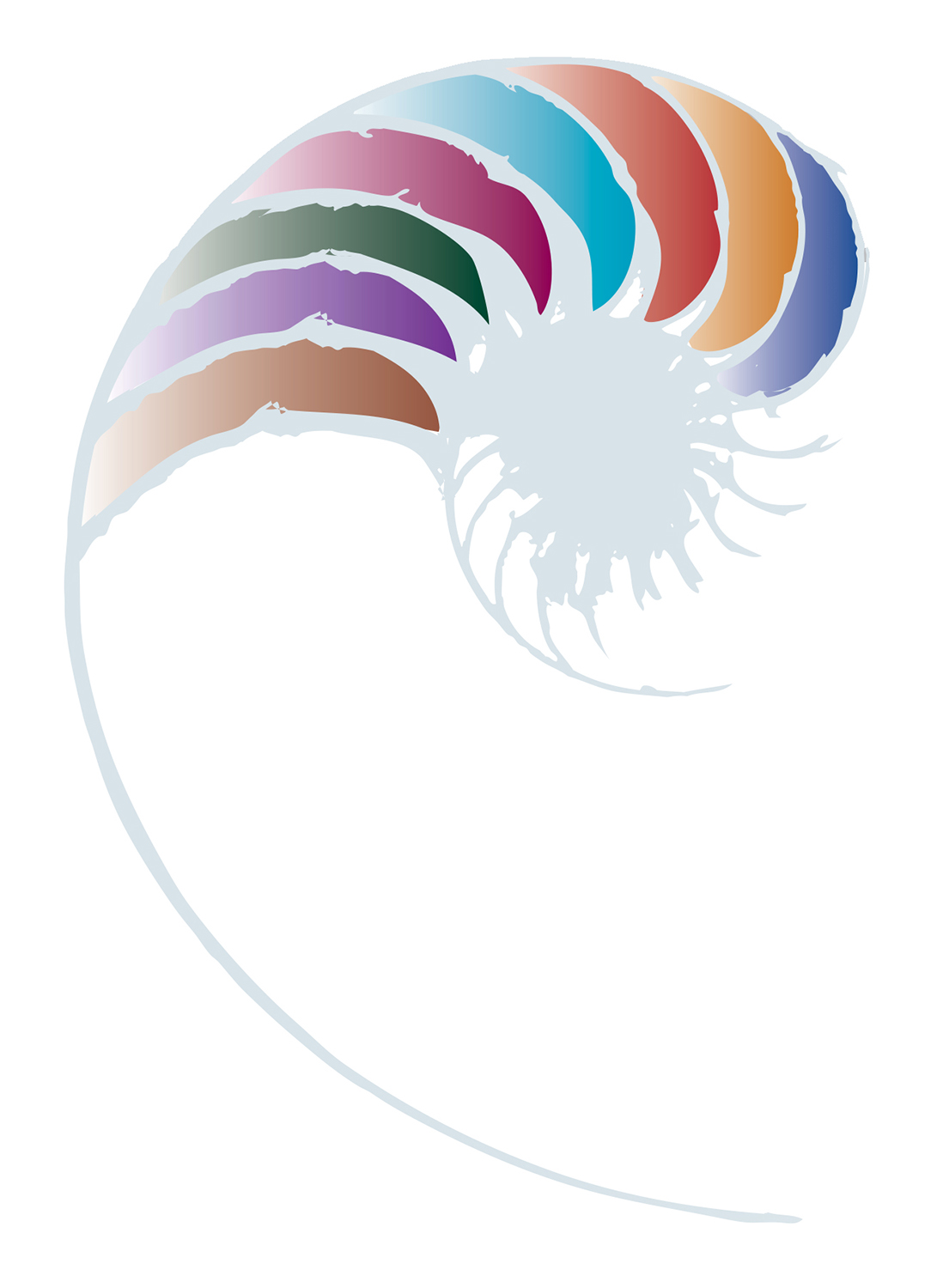Attitudes and Dispositions – what are we modelling?
This resource helps kaiako to reflect on their own experience of maths and provides them with strategies for fostering postive maths attitudes and dispositions in mokopuna. It is part of a suite of resources for Kōwhiti Whakapae maths practices and progressions. See 'Maths kaiako guide resources' below for more.

Imagine a group of adults are gathered for a workshop and are asked to line up in a continuum, with those who love maths standing by the window, those who are neutral in the middle and those who dislike maths standing by the door. One or two people may say their feelings are so strongly negative they should be standing outside the door.
Negative feelings can be associated with not feeling confident with maths – that it is something you are “not good at” or “don’t understand.” It can be challenging to support children’s maths learning if you don’t feel confident about your own maths knowledge (Reuf, 2020). And yet even those who feel they don’t like maths, or are not good at maths, often find they are managing their finances, running a household, shopping, cooking, driving, playing sport, doing DIY, and so on. When they start to look deeper, they are surprised how much maths they are using in everyday life. Their concerns relate largely to their experiences when learning maths as a child (Stoehr, 2017).
Here are some important points for kaiako to consider:
- Our goal is for all mokopuna to be confident and competent maths learners.
- Kaiako need to feel confident and competent with maths to effectively notice, recognise and respond to children’s maths learning.
- It is a good idea for kaiako to reflect on their personal feelings about maths, knowing that their own maths identity may impact on their teaching practice.
- Reflecting on the everyday maths we use
- Using maths language with children
- Using children’s maths ideas
- Attitudes and messages about maths
It can be helpful for kaiako to think about the maths they use in their everyday day lives.
In a typical day kaiako use a lot of maths. This can include:
- estimating how many sandwiches to make for a number of children
- paying a bill
- driving within the speed limit and using spatial awareness to park a car
- following a recipe using weight and quantity
- working out the staffing ratios needed in a setting
- following the order and timing of the routines of the day
- recording sleep times.
The list goes on. With the knowledge of all the maths used in daily life, kaiako can review their pedagogy with children.
Davis, K. & Peters, S. (2011). Moments of wonder, everyday events: Children’s working theories in action. Teaching Learning Research Initiative Final Report. http://www.tlri.org.nz/moments-wonder-everyday-events-how-are-young-children-theorising-and-making-sense-their-world/.
Davis, K. & Peters, S. (2012). Exploring learning in the early years: Working theories, learning dispositions and key competencies. In B. Kaur (Ed.) Understanding teaching and learning: Classroom research revisited (pp.171-182). Rotterdam, The Netherlands: Sense Publishers.
Education Review Office (2016). Early mathematics: A guide for improving teaching and learning. https://ero.govt.nz/our-research/early-mathematics-a-guide-for-improving-teaching-and-learning.
Linder, S. M., & Simpson, A. M. (2018). Connecting the mathematics identity of early childhood educators to classroom experiences for young children In V. Kinnear, M. Y. Lai, & T. Muir (Eds.), Forging connections in early mathematics teaching and Learning (pp. 155-172). Singapore: Springer. https://doi.org/10.1007/978-981-10-7153-9_9.
Ministry of Education (2009). Kei Tua o te Pae. Assessment for Learning. Early Childhood Exemplars Mathematics (18). Wellington: Ministry of Education. https://tewhariki.tahurangi.education.govt.nz/5637225576.p.
Peters, S. & Davis, K. (2011). Fostering children's working theories: pedagogic issues and dilemmas in New Zealand, Early Years: International Journal of Research and Development, 31(1), pp. 5 -17.
Ruef, J. (2020). Think you are bad at math? You may suffer from math trauma, The Conversation. https://theconversation.com/think-youre-bad-at-math-you-may-suffer-from-math-trauma-104209.
Stoehr, K. (2017). Mathematics anxiety: One size does not fit all. Journal of Teacher Education, 68(1), pp. 69–84. https://doi.org/10.1177/0022487116676316.
He aratohu pāngarau mō ngā rauemi ā ngā kaiako
About this resource
This resource supports kaiako to reflect on:
- their experiences of maths
- the ways they intentionally use maths ideas and experiences with mokopuna
- ways they can role model positive attitudes about dispositions towards maths.
This resource is part of a suite of resources for Kōwhiti Whakapae maths practices and progressions. See 'Maths kaiako guide resources' above for more.










